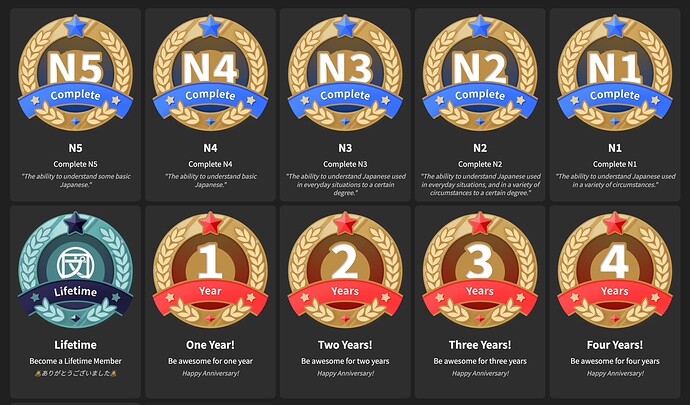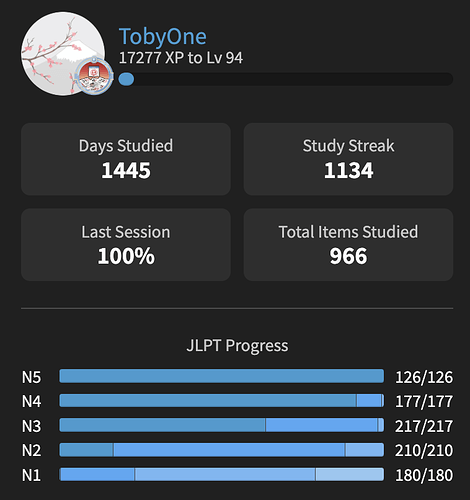That’s kind of the point for me, it’s common enough that you want to know it, but also uncommon enough that you will encounter some points very rarely depending on what you read.
Like ものの for instance. I think I have encountered it exactly once in “real life” so far. So it is useful because without knowing this I couldn’t make sense of the sentence, but it’s so uncommon that you get very little return for your study.
Meanwhile when you learn something like the て form you basically encounter it every other sentence.
That’s what makes it frustrating for me. On one hand I clearly need to learn ものの but on the other hand it makes very little practical difference on my actual ability to use Japanese since I will encounter this construct extremely uncommonly.
And that’s true for every aspect of the language. A kanji like 分 is obviously useful and knowing it makes a significant difference to your ability to read Japanese. Meanwhile a kanji like 霧 is also useful enough that you want to learn it, but in practice you could easily spend a month without seeing it even if you immerse in the language. Or you could see it every day if you read the weather report.
So it is worth it, but it’s less worth it and it’s a bit more frustrating as a result.




 .
.



